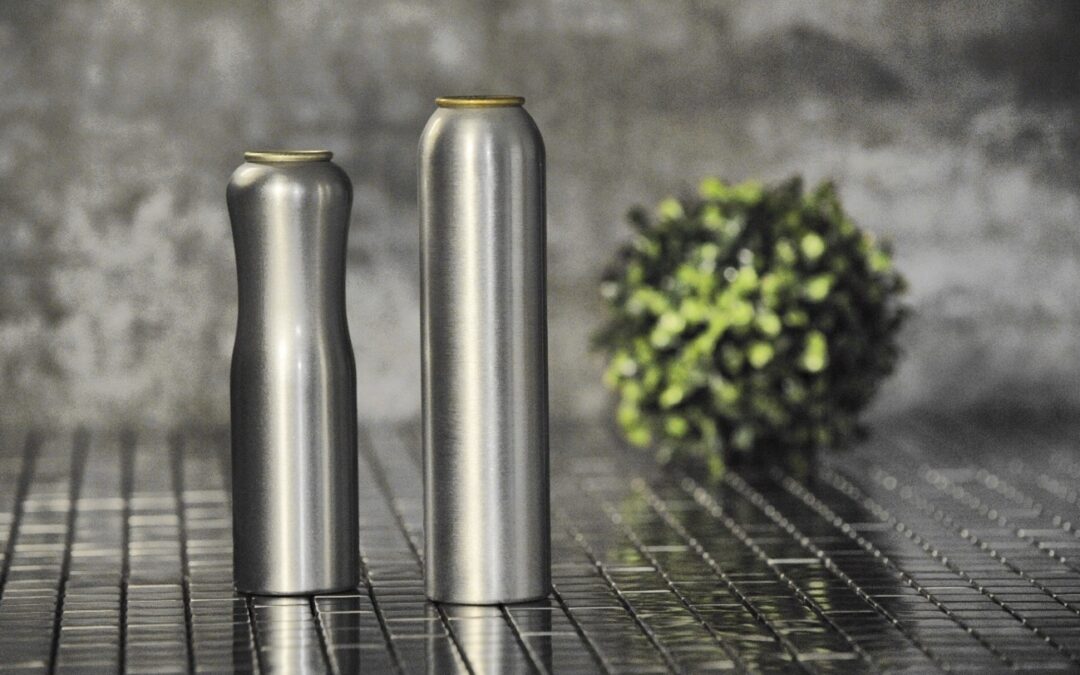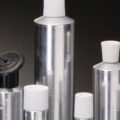In the first half of 2024, Aluminium Deutschland’s members of the Aluminium Deutschland Tube, Can and Impact Extruded Parts Association (FV-TDF) have reported a decline in deliveries of aluminum tubes and aerosol cans to domestic customers. A total of 397 million aluminum tubes were delivered to Germany, representing a 6.4 % drop in cumulative deliveries compared to the prior-year period.
As for aluminum aerosol cans, 277 million units were delivered in the first half of 2024, marking a 10.3 % decrease compared to the first half of last year.
Aluminum tube and aerosol can manufacturers face market adjustments and regulatory changes and changes in market dynamics and export trends.
In contrast to the national statistics showing a decrease, the European statistics for aluminum tubes indicate a 1.1 % increase in deliveries to Germany in the first half of 2024, highlighting an increase in the amount of aluminum tubes imported to the German market from EU producers. On the other hand, European statistics for aerosol cans reflect the same downward trend as the national data. This significant decrease can be partly explained by the cessation of activities of a German filler in March 2023. In addition, the unusually high demand in the domestic aerosol market in early 2023 has normalized, contributing to this statistical drop.
Despite lower demand from domestic customers, this did not negatively affect the association’s members. Companies reported an overall satisfactory demand for aluminum tubes and aerosol cans, as demand from other parts of the world offset the shortfall in the domestic market.
Companies operating nationwide are closely monitoring the upcoming wage negotiations, as the outcomes could have substantial effects on the sector. Some companies have seen growing interest from the workforce, with an increasing number of unsolicited job applications in recent months, in part due to persistent weakness in the automotive industry.
BPA
Regulatory changes also present a major challenge. The anticipated ban on BPA in food contact materials is expected to be approved by the end of 2024, while the strict PFAS limits in the draft EU Packaging Regulation could affect the availability of compatible plastic components needed for the functioning of end products (such as closures and aerosol valve systems).
Industry reactions and outlook in the face of market and regulatory uncertainty
To meet these challenges, the industry is working proactively to comply with the new regulations, collaborating closely with supply chain stakeholders to ensure product compliance with the upcoming BPA ban and PFAS limits, while ensuring sufficient availability of aluminum packaging for customers.















